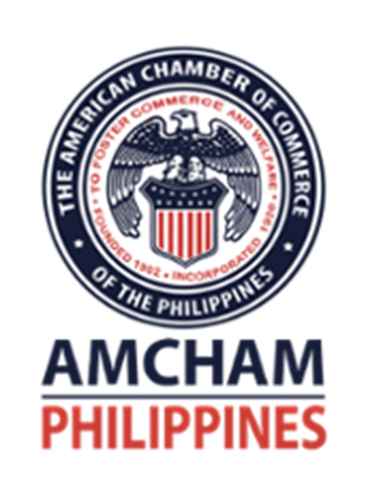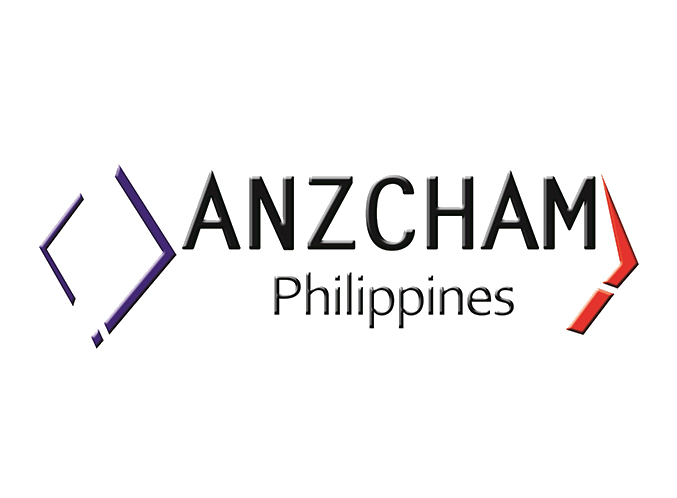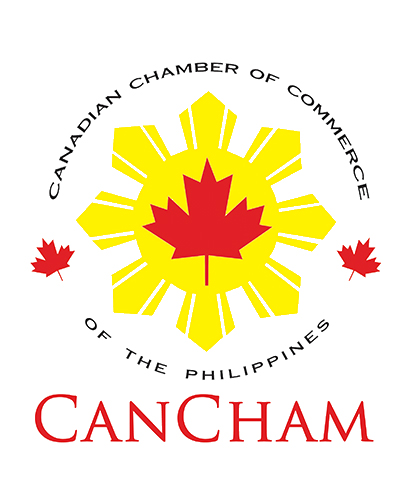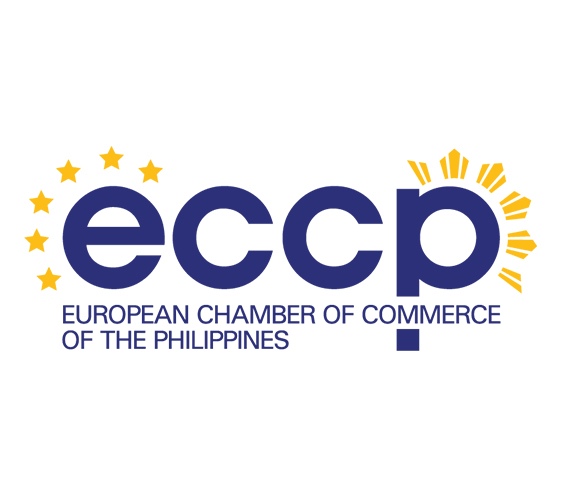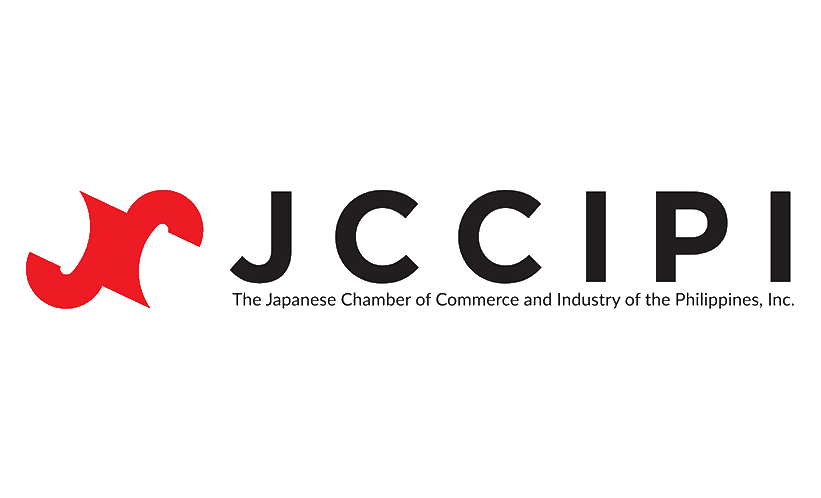[OPINION] Improving the investment climate
September 25, 2017 at 15:00
Improving the investment climate
The National Competitiveness Council has been tracking the Philippines’ progress across various global indices since 2010, and by most indicators it has gone up the rankings over this period. It’s a remarkable achievement for the country, which has struggled to improve the relative attractiveness of its business environment to international investors. But despite these improvements, it would be premature to pronounce Philippine competitiveness a success. As we discussed in the recent Arangkada business forum, there is still a lot of room for the country to introduce reforms and institutionalize the practices behind our improvements.
The Joint Foreign Chambers (JFC), in a daylong forum dubbed “Arangkada: Implementing the Ten-Point Agenda,” gathered an audience of stakeholders to discuss the specific areas for reform and the potential measures that could be undertaken by the government. The conference provided insights on how the investor community views the Philippine market and how the government intends to address some of the investor concerns. The Arangkada publication has several recommendations. Here are the first three:
The Philippines should continue aggressive efforts to improve its rankings. The government and the private sector should select areas of competitiveness which are the most important to investors and where the Philippines can move up the most and the fastest, and focus resources on improving these.
The Philippines should equal or exceed Indonesia and Vietnam in the next few years and Thailand in the medium term in terms of rankings in major global competitiveness indices.
A review of potentially anticompetitive legislation and policies that may substantially prevent, restrict, or lessen competition is in order.
One specific area is the foreign investment negative list. The government is currently reviewing the list, which was last updated in 2015. The list outlines the sectors where the government has decided to exclude foreign participation. But under this administration, officials have spoken of ensuring the highest possible easing of foreign restrictions to date.
The commitment to ease restrictions is a positive development. However, the list itself is only one part of the broader restrictions that the Philippines has imposed on foreign participation. Foreigners hoping to invest in some sectors, like the practice of some professions or the media, will still have to wait for legislation or even constitutional amendments before they can participate. Even then, fostering a good business environment goes beyond liberalizing the economy on paper. A more attractive economy will be the result of several factors, including a stable macroeconomic environment, adequate infrastructure, lessened red tape, and low incidences of crime and corruption.
Unlike his predecessor, who convened the Legislative-Executive Advisory Council only twice during his term, President Duterte has decided to convene it regularly. This ensures better coordination among the leaders of the government branches to discuss the legislation needed to achieve the administration’s socioeconomic agenda. So far, the council is prioritizing these proposed pieces of legislation: the Ease of Doing Business Act to cut red tape, the Rightsizing the National Government Act to streamline the bureaucracy, Comprehensive Tax Reform, the National Transport Act to address the transport crisis, and the amendment to the Public Services Act to liberalize the telecommunications, transport and power industries.
Alongside these legislative measures, the government should incorporate automation into its processes. For example, it could use automation to streamline the business permitting and licensing system, cut bottlenecks in land titling, and interconnect various agencies. These measures would reduce opportunities for corruption.
Foreign investments have been increasing in the last few years. Last June it surged by 182.7 percent—a vote of confidence in the country’s prospects. We cannot lose this momentum. Economies worldwide are also increasing in competitiveness. We must work doubly hard lest we get left behind.
Source: https://opinion.inquirer.net/107343/improving-investment-climate





















































